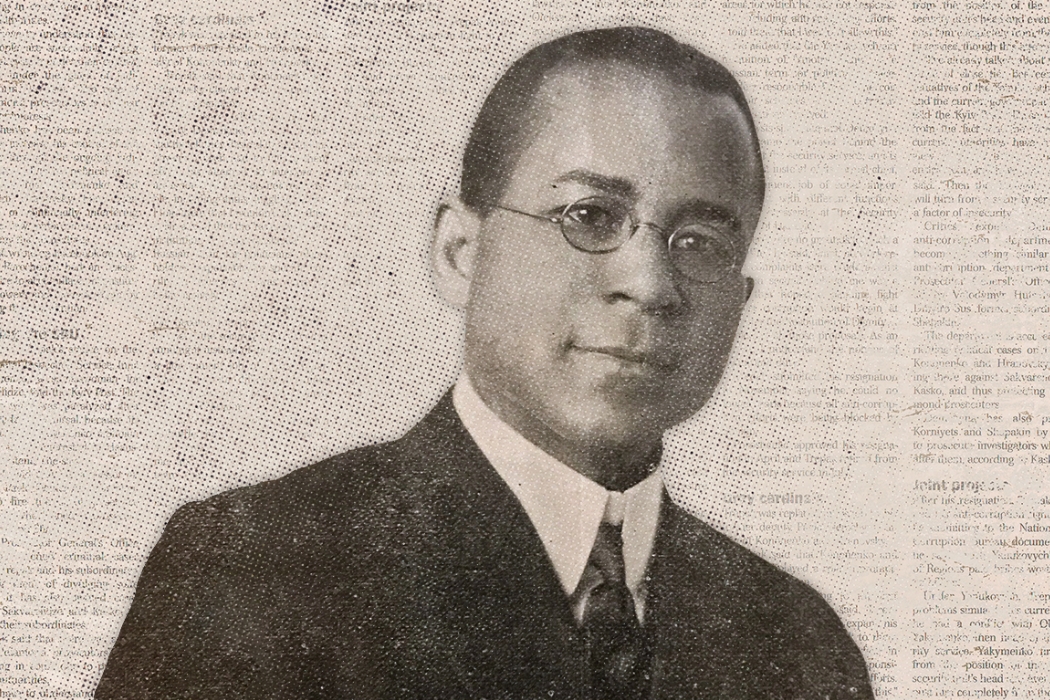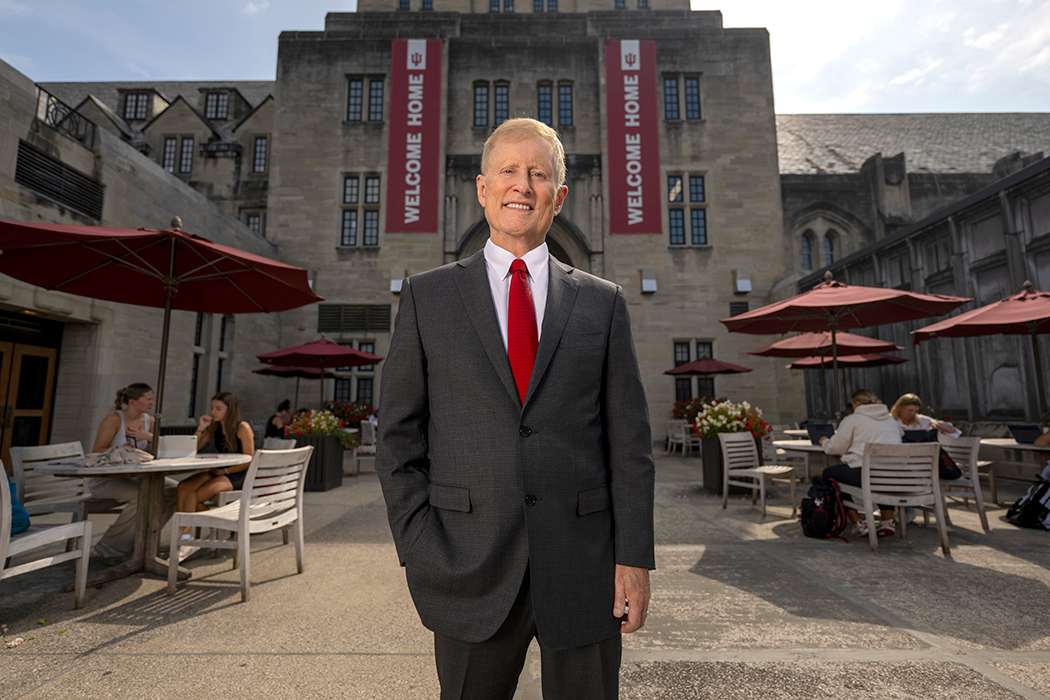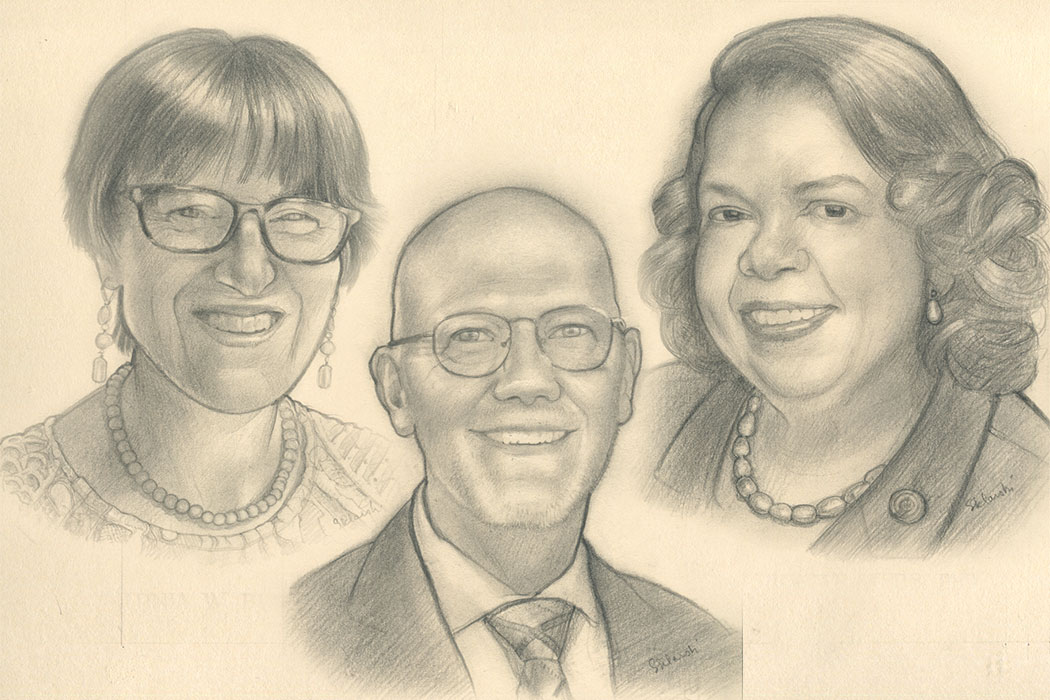New Light on an Old Story: The Secret of the Faculty War
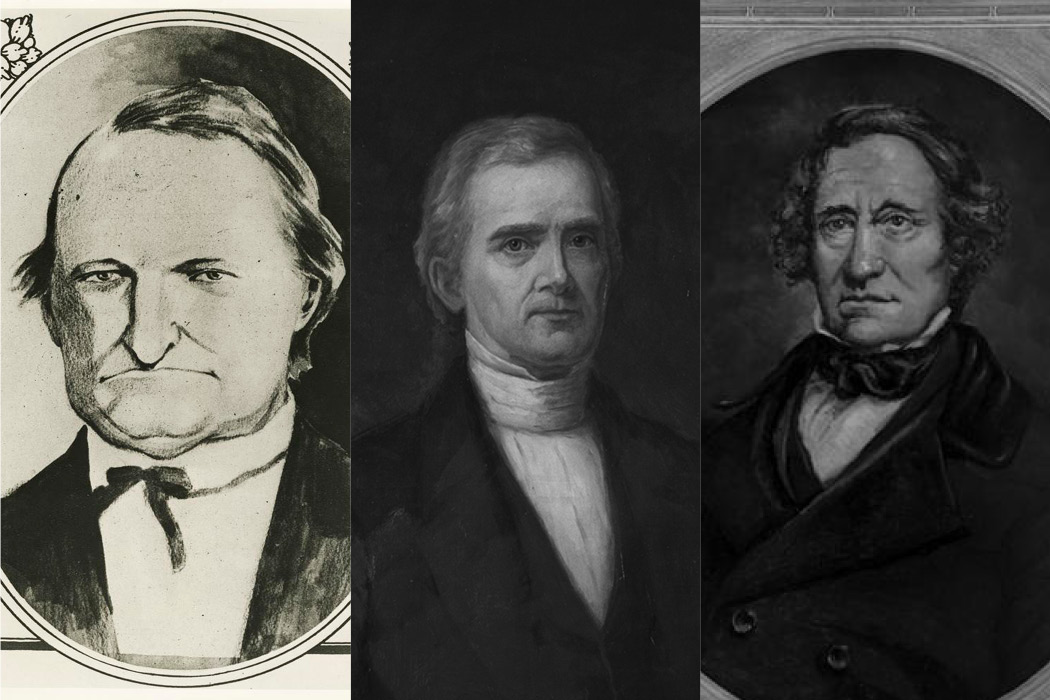
By virtue of repetition, stories acquire momentum and thus endure. A story connected with the institutional saga of Indiana University – the “Faculty War” of 1832 – has become a durable legend, a time-worn foundation stone in the narrative of IU. What was the “Faculty War”? It was a struggle for governance over the tiny Indiana College, with a student body of two dozen, pitting the two-person faculty against the president. In 1829, Andrew Wylie (1789–1851) became the first president, and also a teacher of mental and moral philosophy. He joined Baynard R. Hall (1793–1863), who had taught ancient languages since the opening of classes in 1825, and John H. Harney (1806–1868), who had taught mathematics and science since 1827. Wylie, with the presidencies of Jefferson College and Washington College under his belt, thought his authority was paramount. The professors, who had previously managed without a president, resented this attitude. It was exacerbated by the influx of students who had followed Wylie from his Pennsylvania colleges. These so-called “foreigners” were rivals to the “natives” already here.
At the end of the 1830–31 school year, a mysterious, unsigned letter arrived, addressed to Professor Hall. Left in his recitation room in the pages of his “pocket Virgil,” the letter harshly criticized Hall as “indolent, careless, superficial, and shamefully neglectful of his duties,” and urged him to resign. He was certain that Wylie was the writer because of the style and the stationery – and the wax seal was stamped with the key to Wylie’s desk. Hall showed the letter to his wife Mary Ann and to Professor Harney, who both agreed with him, before confronting Wylie, who categorically denied any knowledge. The president sent mixed signals: on the one hand, he offered to interview each student individually in an effort to determine the identity of the anonymous letter-writer, and, on the other hand, advised Hall to resign because he had lost the support of the students.
Professor Hall declined the president’s offer to interview the students, and eventually resigned his post in 1831. The trustees accepted his resignation but enjoined him to stay for another year. In the spring of 1832, Professor Harney started having public conflicts with President Wylie, which led to his dismissal by the trustees in the fall. Thus, at the close of Indiana College’s seventh year in 1832, the original faculty were gone, and the president and trustees had to recruit teaching staff in short order, which they did.
Hall spent the remainder of his career in the east, working as a college teacher. In 1843, under a pseudonym, he published a book, The New Purchase or, Seven and a Half Years in the Far West, a thinly-veiled memoir of his Indiana life. President Wylie, named “Dr. Bloduplex,” received harsh criticism in the book. Harney went to Louisville, eventually becoming editor of the Louisville Democrat.
The letter-writer who initiated the faculty war remained silent for half a century. In December 1882, Judge David Banta, then serving as a university trustee, received a letter from a distinguished early graduate who admitted he wrote the unsigned letter. In his confession, the student, who was part of the contingent who came with Wylie in 1829, maintained that he was simply reporting the general consensus at the time. A member of the class of 1832, the student went on to study and practice law in Alexandria, Virginia, and had been serving as a federal judge since 1863, when he was appointed by President Lincoln to the Supreme Court of the District of Columbia (now the U.S. District Court for the District of Columbia). The mysterious student was none other than Andrew Wylie, Jr. (1814–1905), the eldest of Andrew and Margaret Wylie’s children. He never told his father.
Judge Banta’s reaction to Judge Wylie’s 1882 letter is not recorded, but it set him on a path to gather more information from early students and faculty. Meanwhile, in 1883, Wylie traveled to Bloomington to receive an honorary LL.D. at Commencement, bestowed by President Lemuel Moss. (A few years later he became IU’s oldest living alumnus.) Ten years after receiving Judge Wylie’s letter, Banta told the story of the 1832 “Faculty War” in his 1892 Foundation Day address, using as sources Hall’s 1843 book and correspondence from Matthew Campbell, long-time head of the preparatory department, and Ebenezer N. Elliot, who replaced Harney. Even though Banta was writing about events 60 years in the past, he did not identify the younger Andrew Wylie as the anonymous letter-writer, calling him simply “a Pennsylvania student.” So Wylie’s role remained buried, reinterred by the first historian of IU for the entire 20th century. It was not until 2009, when Dixie Kline Richardson published Baynard Rush Hall: His Story, that the secret was revealed publicly, after 177 years.

The story of the “Faculty War” of 1832 was first presented orally in 1892 by Judge David D. Banta, the dean of the Law School (1889-96) and former university trustee (1877-1889), as a Foundation Day address. Banta’s successive speeches, six in all, were published in 1914, in early issues of the IU Alumni Quarterly. In 1921, the set was republished in the Centennial Memorial Volume: Indiana University, 1820–1920, and then, in 1940, in James A. Woodburn’s History of Indiana University.
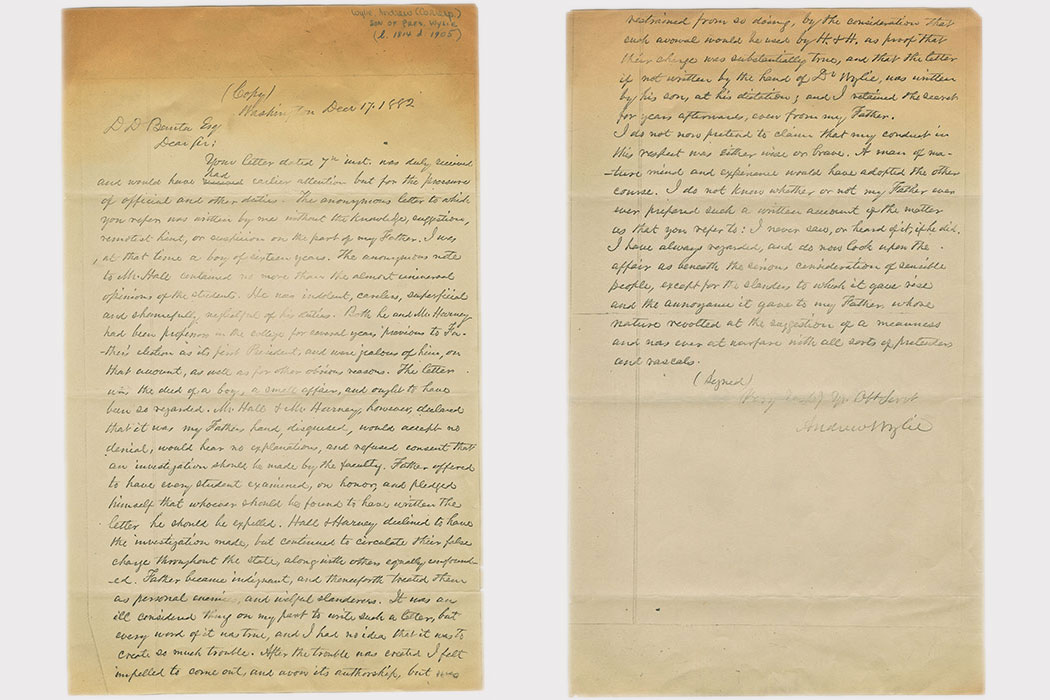
This article originally appeared in the January 2018 issue of 200: The IU Bicentennial Magazine, a special six-issue magazine that highlights Bicentennial activities and shares untold stories from the dynamic history of Indiana University. Visit 200.iu.edu for more Bicentennial information.
Tags from the story
Written By
James H. Capshew
IU Professor James H. Capshew, BA’79, is the official university historian and a contributor to 200: The IU Bicentennial Magazine.
